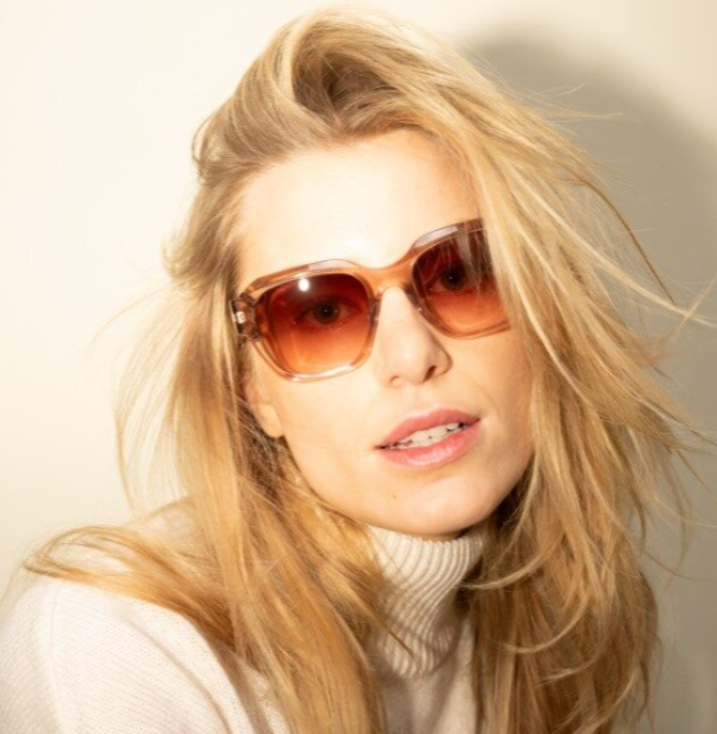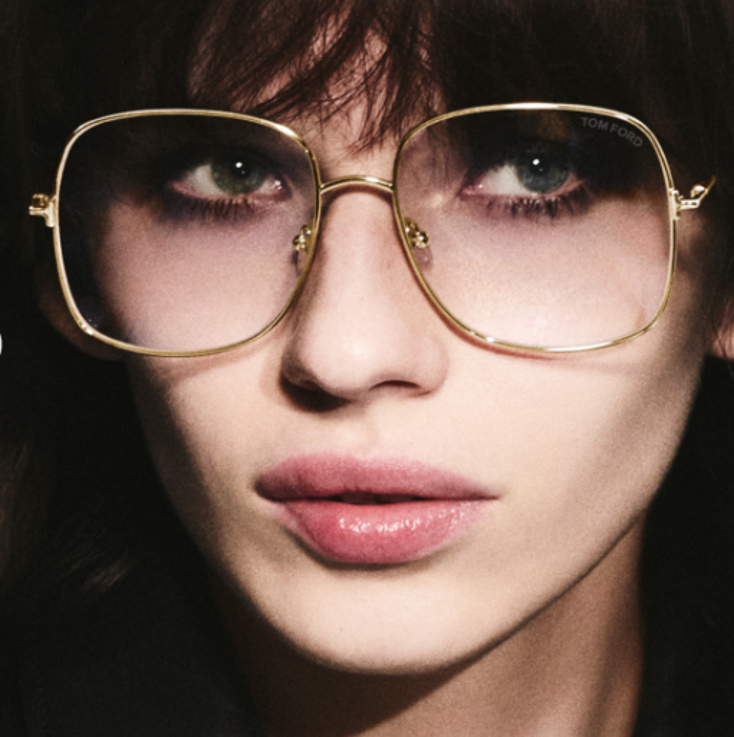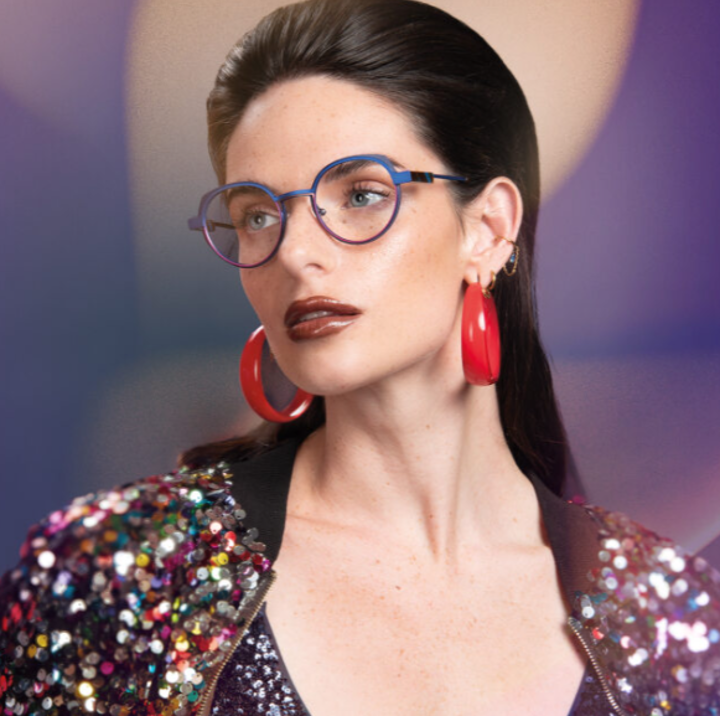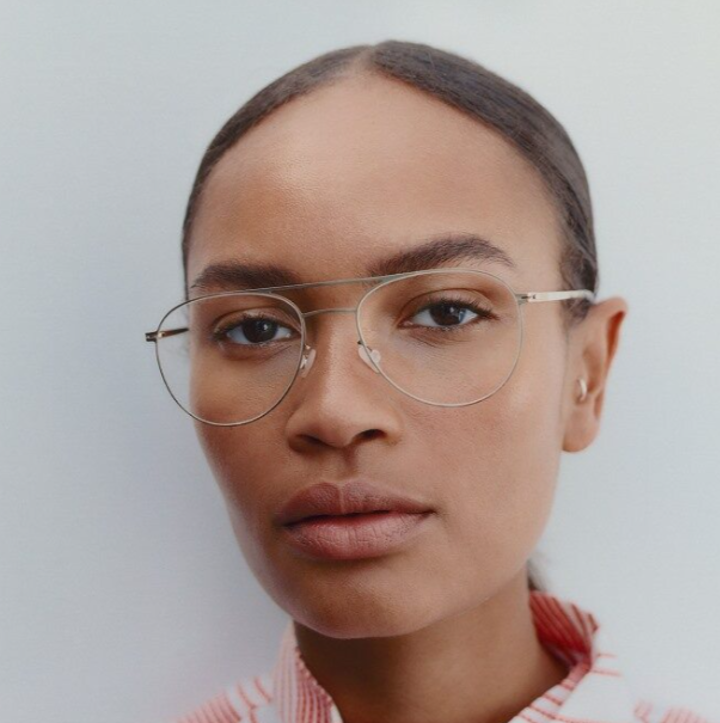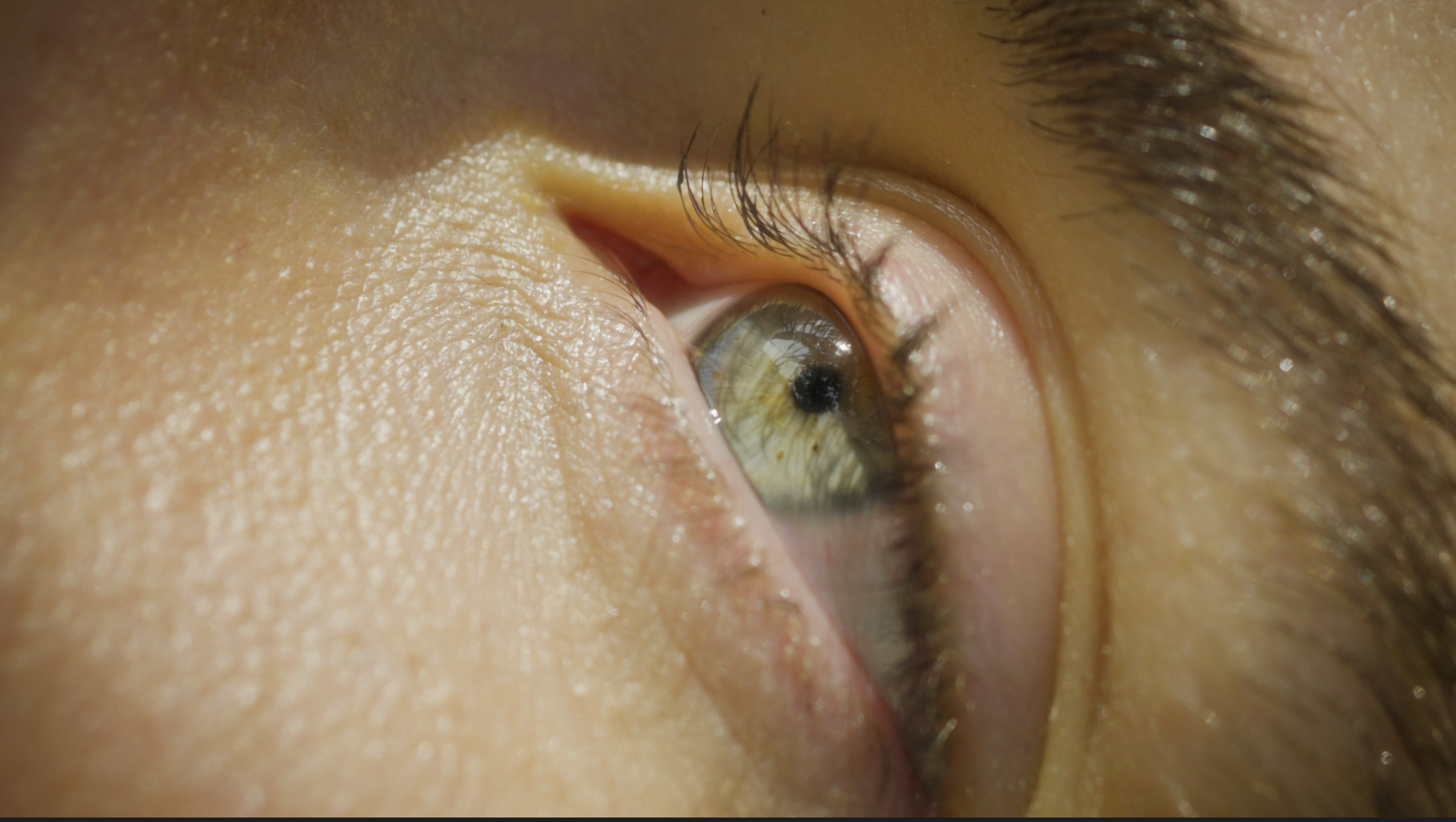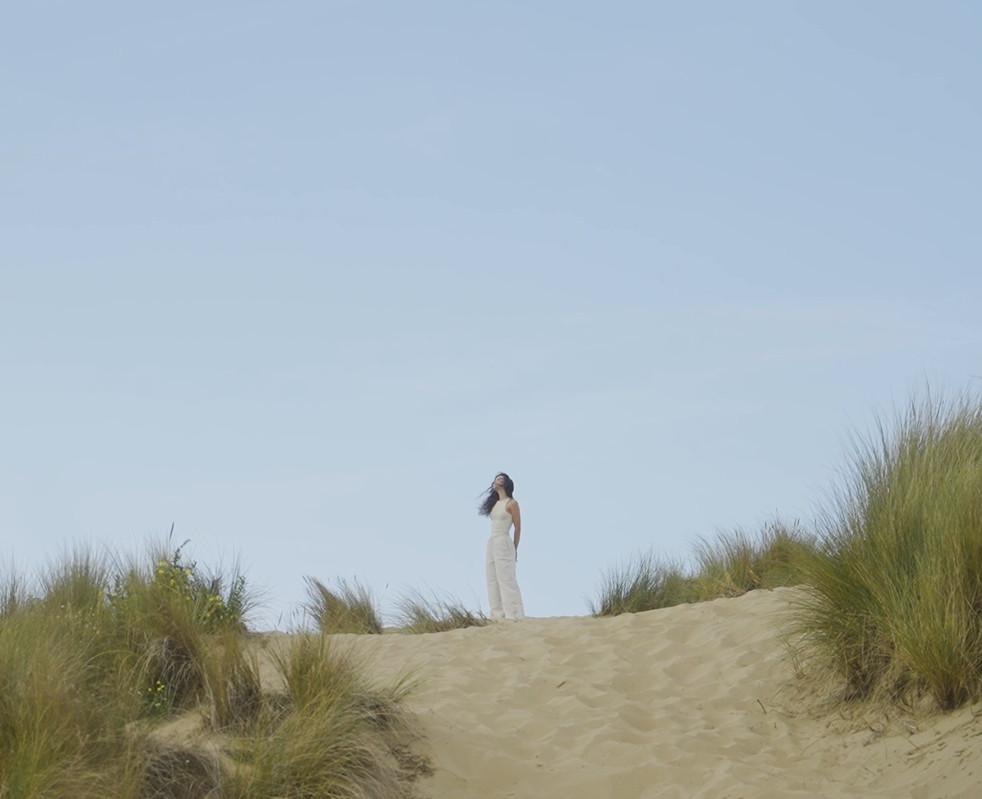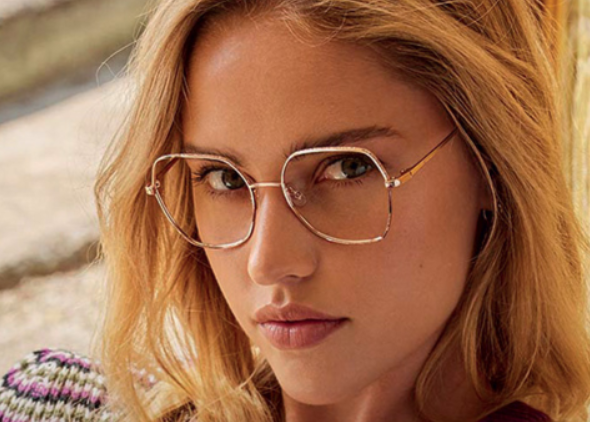Why start wearing contact lenses?
- Discreet and invisible. No one will notice you're wearing contact lenses, and frames no longer define your look.
- Practical. Goodbye foggy lenses in fluctuating temperatures! Ideal for athletes.
- No expensive glasses that can break during your training and you have a wider field of vision which only improves your performance.
Why you shouldn't buy lenses in the supermarket
Before you can start wearing contact lenses, it's best to have your eyes tested. Did you know that the prescription of your glasses and your contact lenses are almost never exactly the same? This is because a lens makes direct contact with your eye. So, it's best not to buy your first lenses at the supermarket, but from a specialist optician.
Choose a lens tailored to your eyes and lifestyle
Just like with glasses, there are many different types of contact lenses. The different types can be categorized by the length of time they are worn, but some lenses are also adapted to a specific vision problem.
Lenses according to wearing time
- Daily lenses are soft contact lenses that you throw away after one day of wear. Ideal for vacations, sports, or as a trial when you want to start wearing contact lenses!
- Weekly and monthly lenses are also soft contact lenses that last longer. Important to know: these lenses require proper storage and cleaning to keep your eyes healthy. This type of lens is best chosen if you want to wear lenses regularly and are willing to care for them daily.
Solutions for specific viewing challenges
- Toric lenses contain a cylinder and are specially designed for eyes with astigmatism, or a cylinder error, which causes blurred vision both near and far. A standard contact lens can only correct one prescription, but a special toric lens can accommodate both.
- Multifocal lenses allow you to see clearly both far and near. They consist of three fields of vision: far, near, and intermediate. Unlike multifocal lenses, your eyes adjust relatively easily between the different fields with these lenses. Highly recommended for sports or driving. Even as you get older and need reading glasses, multifocal lenses offer a practical solution. No more searching for your reading glasses or constantly putting them on and taking them off!
Sleeping, swimming and other practical lens facts
Contact lenses are often so comfortable that you almost forget you're wearing them. However, it's best not to sleep with them. This can result in dry eyes and even all sorts of eye infections later on. A short nap with your contacts in is fine, though.
Are you an avid swimmer or prefer not to wear glasses on vacation? You can swim with your contact lenses, but in that case, it's best to shield your eyes with suitable goggles. Pool water contains bacteria and other microorganisms that can damage your lenses. No goggles handy? Then it's best to dive into the pool without your lenses!
Applying makeup and wearing contact lenses? This is possible by following the steps below:
- Insert your lenses first and then apply your makeup. This prevents small makeup particles from getting between your cornea and your lenses.
- Clean hands are especially important when inserting and removing contact lenses. So be sure to wash your hands before inserting your lenses.
- Makeup on your eyes is fine, but stay away from a pencil line on the inside of your eyelid. For your lens, that line only means oil and dirt. This can obstruct your vision and damage your lenses.
- Preferably use hypoallergenic makeup and avoid oil-based beauty products to prevent grease from accumulating on your lenses. Replace your mascara and eyeliner regularly! The mascara wands, in particular, can become a breeding ground for bacteria over time, which you'd rather not have anywhere near your lenses or eyes.
From what age can you start wearing contact lenses?
There's no real age limit for starting contact lens wear. As soon as a child is sufficiently independent and responsible to care for their lenses, you can generally begin. We generally consider ten or twelve years old to be a good starting age.
TIP: Not sure if your child is ready for contact lenses? Start with daily lenses; they require little maintenance and are ideal for part-time use.
Still have a question?
Feel free to stop by and get answers to your lens questions! See you soon!


